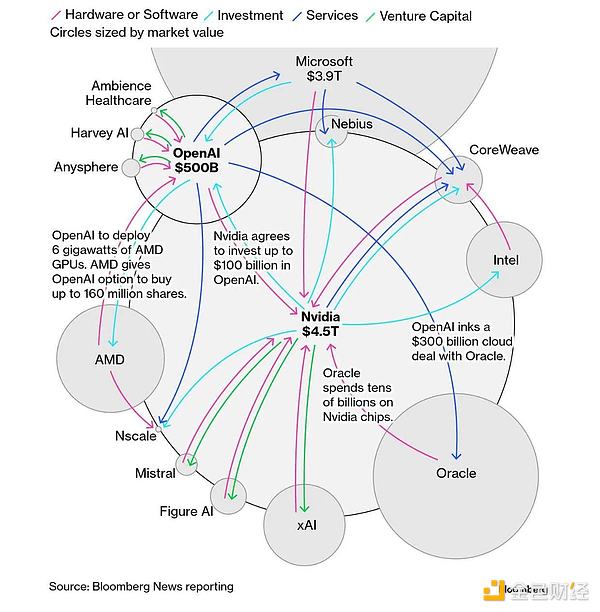Senator Lummis pushes tax break for small Bitcoin payments. Could it unlock everyday adoption?
On Capitol Hill, Senator Cynthia Lummis wants to make Bitcoin “everyday money.”
The Wyoming Republican is quietly drafting legislation that could do what years of evangelism never managed: make buying coffee with Bitcoin practical again.
Her proposal, a de minimis tax exemption for small crypto transactions, would let Americans spend a few hundred dollars’ worth of BTC without triggering capital-gains paperwork.
Lummis revealed on Oct. 9 that the exemption is part of a broader digital-asset tax framework she’s crafting. She urged constituents to press their representatives to back the measure.
The subtle rule change could shift Bitcoin from an investment asset to everyday money. This would mark a significant return to Satoshi Nakamoto’s original idea of Bitcoin as a peer-to-peer currency that moves freely and efficiently among users.
What is a de minimis tax exemption?
In tax law, de minimis means “too small to matter.” The principle dates back to the Tariff Act of 1930, which spared importers from paying duties on low-value goods.
Applied to crypto, it would spare users from calculating gains every time they spend small amounts of BTC, an administrative headache that has long made Bitcoin payments impractical in the US.
Lummis had initially attempted to introduce this bill in June.
Under the draft bill, transactions under roughly $300 per purchase, capped at $5,000 annually, would be tax-free. It would exclude assets sold for cash equivalents or used in business operations, but still cover most casual spending.
However, this bill has faced significant opposition from detractors like Senator Elizabeth Warren, a renowned critic of the emerging industry.
Warren claims that crypto holders have failed to pay at least $50 billion per year in taxes that they owe, and the proposed legislation would further that cause.
Considering this, she stated:
“I’m all for getting rules that are appropriately tailored, but I think we should abide by the same principle that we have used for decades in Congress, and that is same basic transaction, same kind of risks means we need the same kind of rules. And that should be true for crypto just like any other financial product.”
How will this impact Bitcoin?
A clear de minimis rule would do more than simplify tax paperwork; it could quietly redefine how Bitcoin moves through the economy.
For everyday users, it means frictionless payments. Buying coffee, movie tickets, or groceries with Bitcoin would no longer trigger capital-gains calculations or require tracking cost basis. Wallet apps could introduce “everyday mode” for small purchases, while payment processors such as Strike and BitPay could market a new form of tax-free micro-spending that feels as natural as tapping a debit card.
That behavioral shift could ripple across markets. As more people spend and convert small amounts of BTC, trading activity would spread more evenly throughout the day, tightening bid-ask spreads and softening intraday volatility. The effect might not spark dramatic price changes, but it would give the market a steadier rhythm, at least in the US.
The benefits are equally clear for companies experimenting with crypto rewards or payroll.
A simple threshold would let firms process Bitcoin stipends or loyalty points as routine expenses instead of complex taxable events. With that clarity, accounting platforms could automate compliance, allowing businesses to integrate BTC in practical ways without taking on full treasury exposure.
In Washington, the optics would be favorable. Lawmakers gain a pro-innovation headline at minimal fiscal cost while signaling openness to a more flexible digital economy.
This results in a policy that modernizes taxation without controversy and moves Bitcoin closer to its original purpose: money that’s actually used.
Moreover, a de minimis exemption tells the world that the US government recognizes Bitcoin as a medium of exchange and not merely a volatile investment. It nudges payment giants like Visa and PayPal to deepen integration and pressures other jurisdictions, like the UK, to follow suit.
The post Senator Lummis pushes tax break for small Bitcoin payments. Could it unlock everyday adoption? appeared first on CryptoSlate.
Disclaimer: The content of this article solely reflects the author's opinion and does not represent the platform in any capacity. This article is not intended to serve as a reference for making investment decisions.
You may also like
SOL price capped at $140 as altcoin ETF rivals reshape crypto demand

Will USDT Collapse? A Comprehensive Analysis of Seven Years of FUD, Four Crises, and the Real Systemic Risks of Tether

The Federal Reserve ends QT: The main liquidity switch has been flipped, and a silent bull market is taking shape.

Liquidity Shift Hidden Beneath the US-China Rivalry

